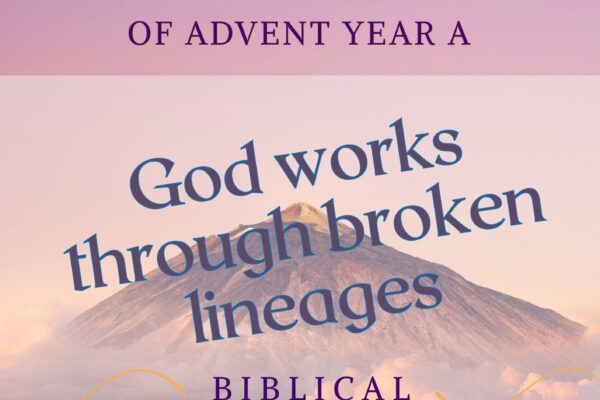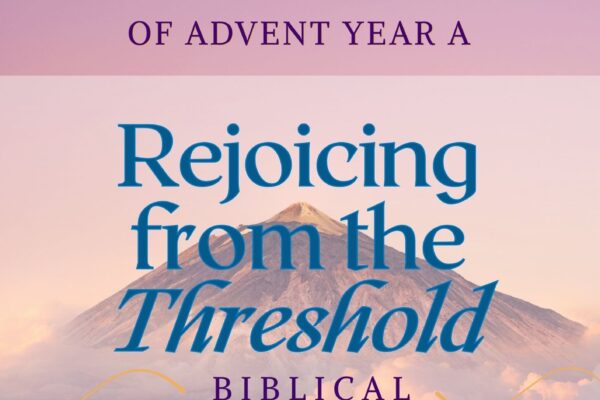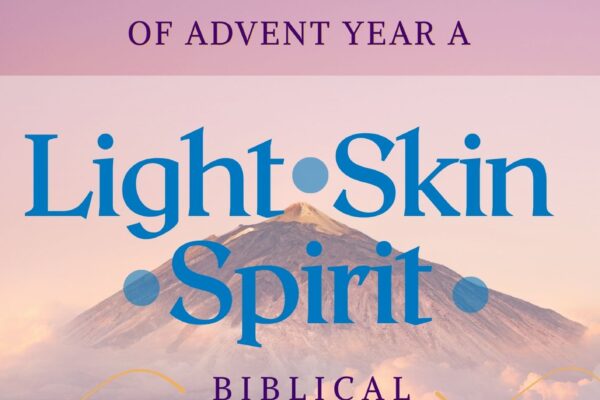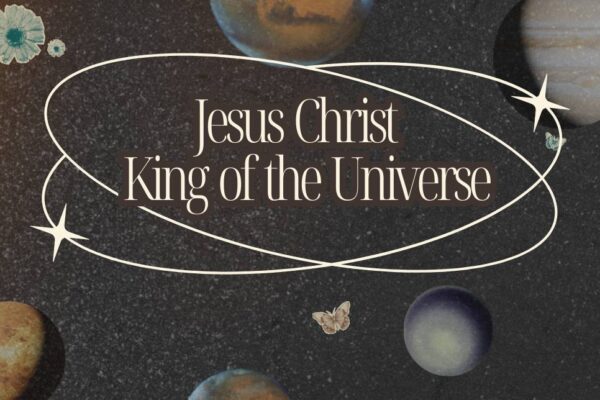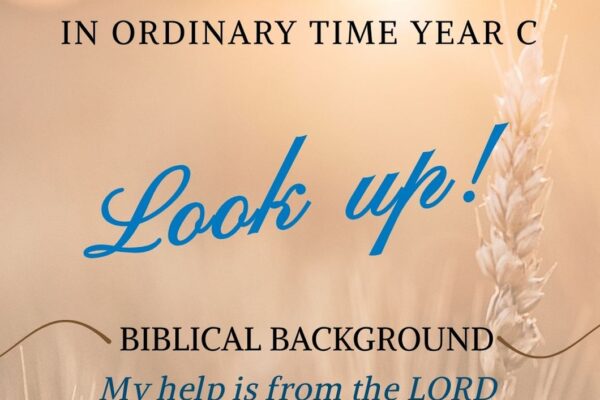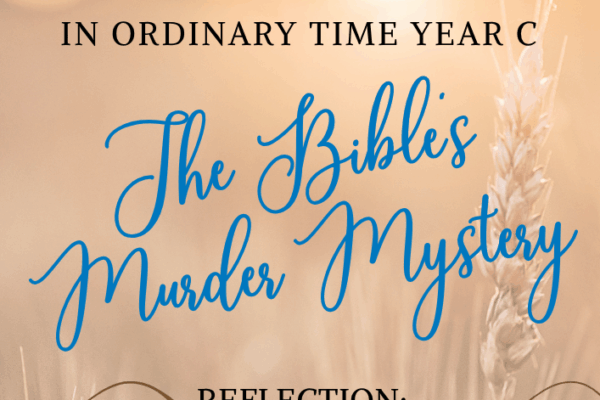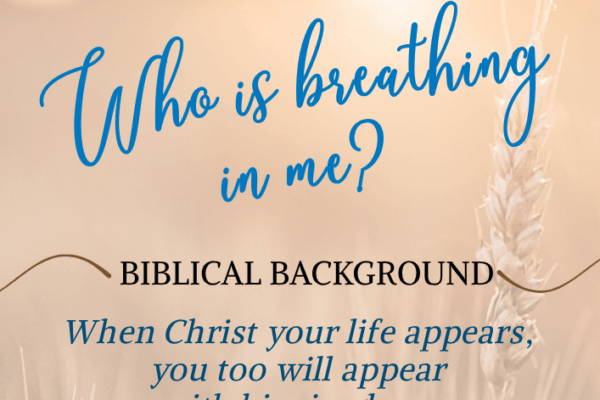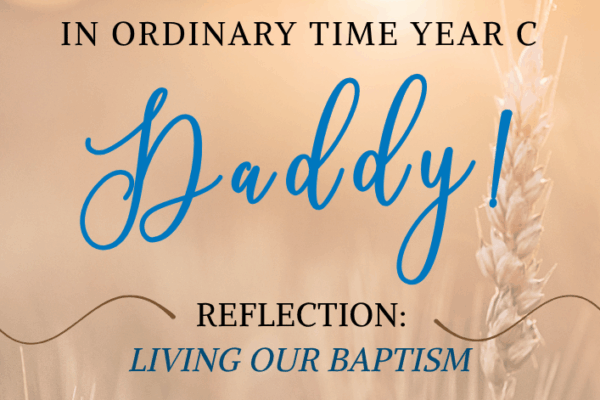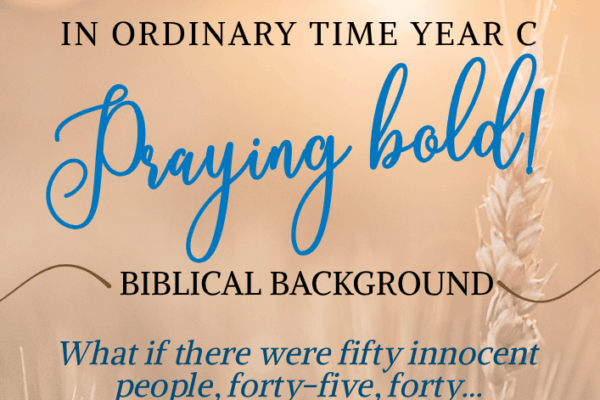Quick Overview: Where Are We in the Bible?
First Reading: Wisdom 18:6-9
The Night That Changed Everything
When & Where: Written around 50 BC by an Alexandrian Jew reflecting on the Passover night when God delivered Israel from Egypt.

The Hidden Celebration: “The night of the passover was known beforehand to our fathers, that, with sure knowledge of the oaths in which they put their faith, they might have courage.” This isn’t just historical memory—it’s about recognizing moments when God’s promises break into reality.
The Secret Sacrifice: The text mentions “the holy children of the good were offering sacrifice” in secret. Not the external rituals everyone could see, but the hidden surrenders that mark authentic faith. This connects directly to Abraham’s story and our own Eucharistic participation.
The Setup: This reading prepares us to ask: How do we recognize and celebrate God’s promises when they’re happening right in front of us?
Responsorial Psalm: Psalm 33 (32)
The Chosen People’s Confidence

“Blessed the people the Lord has chosen to be his own… Our soul waits for the LORD, who is our help and our shield.”
This isn’t passive waiting—it’s the confident expectation of people who know they’re chosen, beloved, cared for. The psalm moves from celebration (“Exult, you just, in the LORD”) to trust (“May your kindness, O LORD, be upon us who have put our hope in you”).
Second Reading: Hebrews 11:1-2,8-19
Abraham: The Dead Man Who Walked Into Promise
The Community: Jewish Christians facing persecution, tempted to abandon their faith for the safety of traditional Judaism.

The Definition: “Faith is the realization of what is hoped for and evidence of things not seen.” Not wishful thinking, but recognizing invisible realities that are more solid than what we can touch.
Abraham’s Impossible Story:
- Called at 75 years old—”as good as dead” for having children
- Left everything without knowing his destination
- Lived as a “stranger and alien” in the very land God promised him
- Waited 25 years between promise and Isaac’s birth
- Offered Isaac back to God, “reasoning that God was able to raise even from the dead”
The Point: Abraham never actually possessed the promised land in his lifetime, yet he lived as if he already had it. He saw the eternal city while dwelling in a tent.
Gospel: Luke 12:32-48
The Master Who Serves
The Setting: Jesus continues teaching about readiness and the kingdom, but with a shocking twist.
The Comfort: “Do not be afraid any longer, little flock, for your Father is pleased to give you the kingdom.” The kingdom isn’t earned—it’s gift.
The Paradox: Jesus tells servants to be ready for their master’s return from a wedding feast. But instead of rewarding them with more work, the master “will gird himself, have them recline at table, and proceed to wait on them.”

The Questions:
- “Lord, is this parable meant for us or for everyone?” (Peter’s question we all ask)
- Who is the faithful steward?
- What does readiness actually look like?
The Shock: The master becomes the servant. The Boss puts on the apron. This completely reverses every expectation about spiritual service.
The Thread That Connects Everything
From Crossroads to Covenant: Abraham’s father Terah started the journey to the promised land but “settled” at Haran (literally “crossroads”). Abraham completed what his father couldn’t—not through better performance, but through deeper trust.
The Servant Trap: We exhaust ourselves trying to serve God perfectly, but Jesus reveals the shocking truth: He wants to serve us. The vigilance isn’t about proving worthiness—it’s about being present enough to receive what He’s already giving.
Heaven Happening Now: The Passover night, Abraham’s city with foundations, the master’s wedding feast—all point to the same reality: God’s promises aren’t just future hope, they’re present invitation. The Eucharist is where tent becomes promised land, where servant becomes friend.
Ready to go deeper? This Sunday’s full reflection explores how Abraham’s journey from crossroads to the covenant mirrors our own movement from spiritual performance anxiety to divine friendship—and how the Eucharist transforms everything about what it means to be ready for God.




